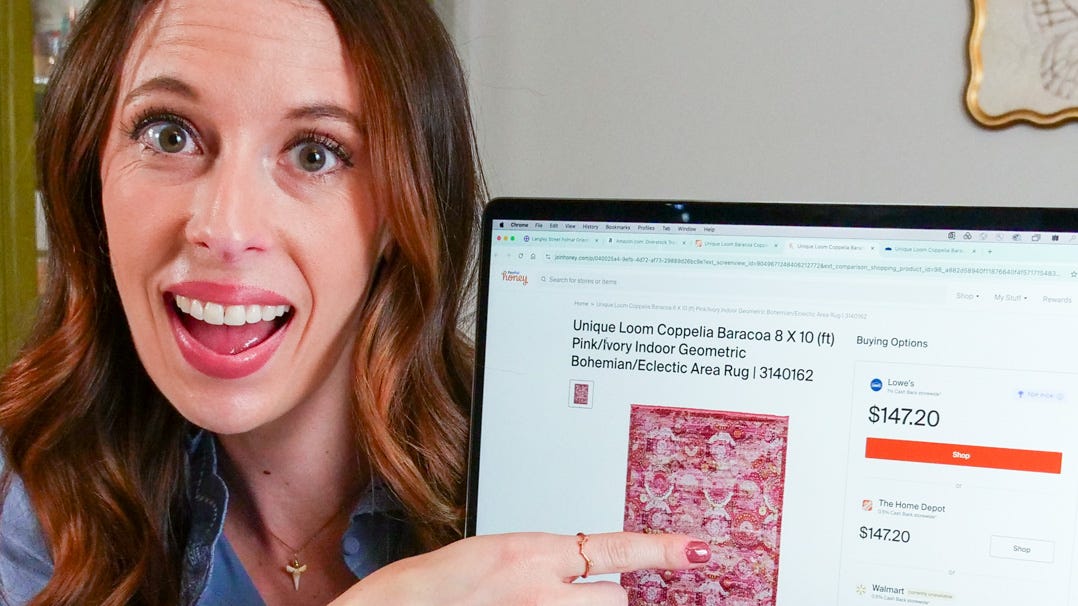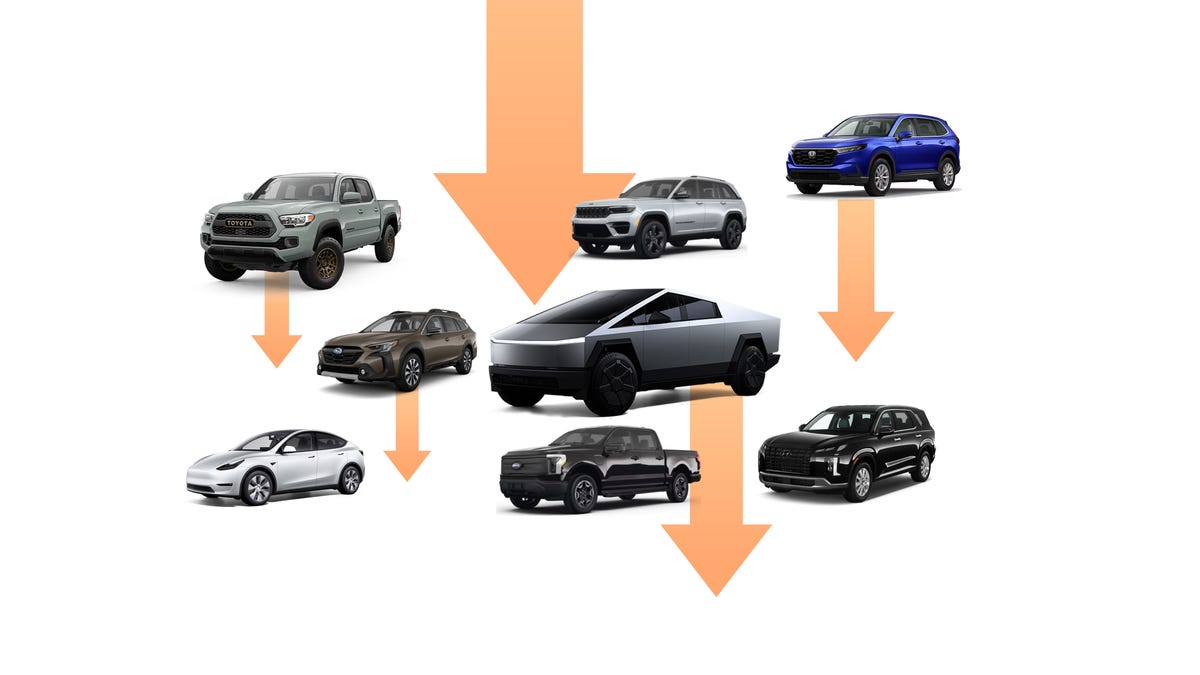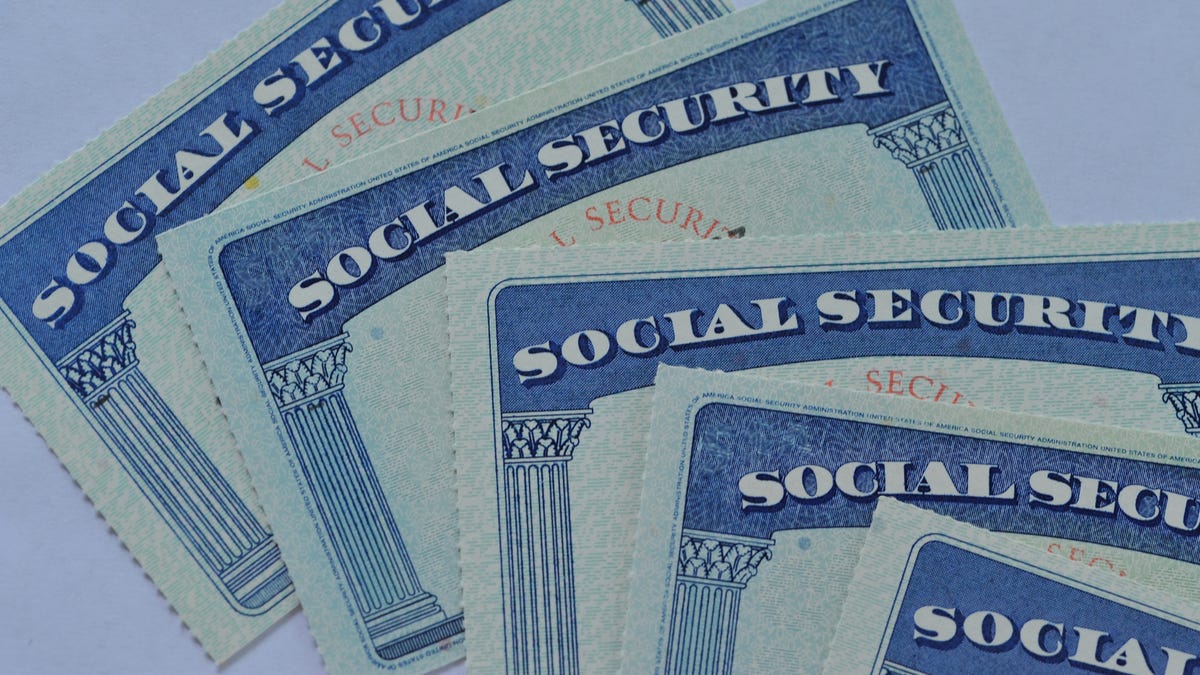
Find the best shopping deals with Google, camelcamelcamel, price matching
Take these small steps to make sure you’re getting big savings.
Problem Solved
Do you have a package you’ve been waiting on and the company keeps giving you the runaround or says there are delays because of tariffs? Be careful: It could be a sign of a scam, the Better Business Bureau warns.
“Before you place an order with an unfamiliar retailer, make sure to check where the package originates, the time frames for delivery, return policies, and any fees that may be associated with the purchase,” said Melanie McGovern, spokeswoman for the BBB.
“Scammers rely on consumer confusion, especially when it comes to topics in the news, so doing a little bit extra to make sure the website is legitimate and that all costs are upfront can save headaches down the road,” McGovern told USA TODAY.
Vague delivery details could signal a scam
Here’s how the scam works, according to the BBB:
You see an ad online for something you want, and you go to the seller’s website. The site looks professional, the price seems reasonable, and checkout is quick and easy. But then your order never arrives.
When you follow up with the seller, you might get vague, automated emails urging you to “be patient.” Then comes the explanation: Your package is stuck due to tariffs, customs delays, or new international shipping regulations. In some cases, the company says you now owe additional money to release the package. Other times, it provides a tracking number showing the item was delivered – but to a different state.
One consumer reported to BBB Scam Tracker: “After 2 months of not receiving my product I have emailed this company multiple times and each time the reply is my package is stuck in customs due to … tariffs. I have requested a refund multiple times. I have no longer gotten any replies from this apparently fake company.”
How to shop with caution online and avoid scams
Here are some tips from the BBB:
- Look beyond the ad. Scammers can pay for sponsored ads on social media or search engines just like legitimate businesses. Always research a company first, especially if you haven’t heard of it.
- Check the reviews – all of them. Don’t rely only on what you see in the ad’s comment section. Look up the business name with words like “scam” or “complaint” and see what pops up.
- Inspect the website carefully. Look for misspellings, poor grammar and URLs that are suspicious. A site that looks polished can still be fake, especially if it is advertised through a sponsored social media post.
- Use a credit card for online purchases. Credit cards often offer stronger fraud protection than debit cards or payment apps. If you don’t receive your product, you’re more likely to be able to dispute the charge.
- Avoid paying extra fees after checkout. Once you’ve completed a purchase, legitimate sellers won’t ask for additional shipping or customs payments. If they do, stop communication, contact your credit card provider and report to BBB Scam Tracker.
- Be suspicious of tariff-related excuses. U.S. consumers are not typically required to pay tariffs after placing an order. If a company says your package is stuck in customs or asks for more money because of tariffs, that’s a major red flag.
- Save copies of order details. Keep screenshots of the ad, confirmation email and tracking info in case you need to file a dispute with your credit card company or report the scam.
Betty Lin-Fisher is a consumer reporter for USA TODAY. Reach her at blinfisher@USATODAY.com or follow her on X, Facebook or Instagram @blinfisher and @blinfisher.bsky.social on Bluesky. Sign up for our free The Daily Money newsletter, which will include consumer news on Fridays, here.








